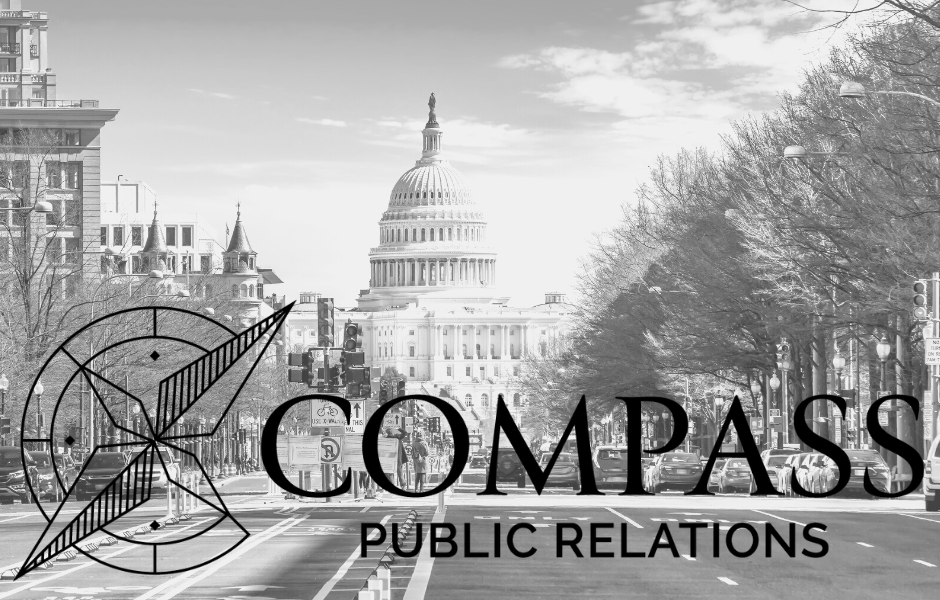For those who are lucky enough to own a vacation home, deciding what to do with that home after your death is often a quandary. Do you leave it to your children, equally? Do you force its sale? Or do you leave it to a trust for the benefit of your descendants?
We, at Compass Law Partners, frequently have to advise on these issues so I will break down a few of the options, one at a time.
Leave Vacation Home Equally to your Children
This option, in my experience, is frequently where problems can arise. After the inheritance, the children will expect equal contribution to the expense of the home but will frequently not utilize the home equally. Perhaps one child lives in California and another is in Maryland. If the vacation home is in Delaware, it is likely the child in Maryland will utilize the home much more. This could lead to resentment by the child in California who may still be expected to cover his/her share of the expenses.
A frequent attempt to settle this dispute is by having the Maryland child buy out the California child’s interest. However, unless your Maryland child has the funding to do so, this is frequently not an option. Instead, the only option may be to sell the property, which could then lead to resentment by the child in Maryland. This potential to create resentment between/among your children is frequently why we typically recommend against this option.
Force the Sale of your Vacation Home
This is frequently the easiest option but may not be very popular with your children. To avoid the potential for resentment between/among your children, requiring the sale of the vacation home after your death may be your best option, especially if the home is the most substantial part of your estate. Once the home is sold, the net proceeds from the sale can be divided equally among your children and, if desired, your child can use those proceeds to buy a vacation home of his/her own.
We frequently recommend this option for those clients who do not have other assets of significant value.
Leave the Vacation Home to a Trust for your Descendants
For clients who have significant assets other than their vacation home, we typically recommend the use of an irrevocable trust created after your death to hold the vacation home. The home would held and maintained by a Trustee of your choosing (frequently an independent Trustee) and you would provide additional seed money to the trust to cover expenses for a period of years. That way, your children and/or grandchildren are able to utilize the vacation home but do not have to contribute to its expenses for a period of time.
At the expiration of that period of time (or when the money runs out), the Trustee can decide whether to sell the property or to request money from the beneficiaries to maintain the property. This option frequently creates the least amount of friction among children so clients, if they can provide additional funding to the trust, will frequently choose this option. For clients with the ability fund a trust, we frequently recommend this option for their vacation home.
If you have a vacation home and are not sure how to leave it to your children, the attorneys at Compass Law Partners are here to help you.
Read More Here!
















